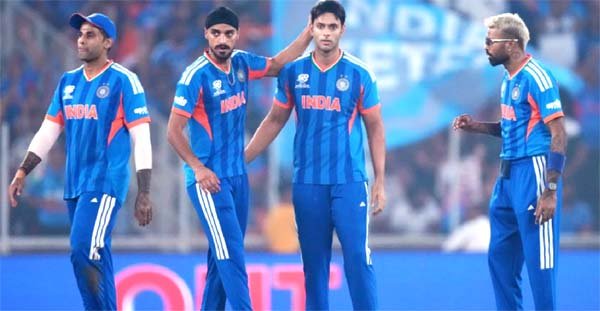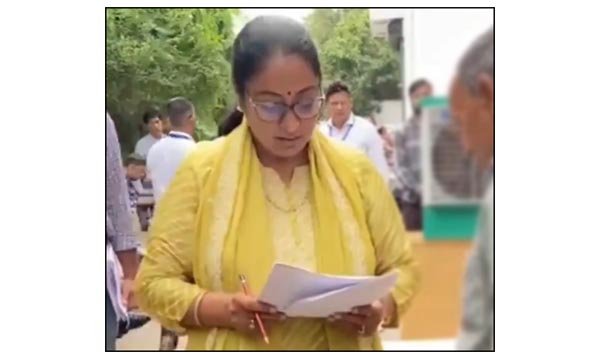Bengaluru, July 21 (UNI) In a dramatic escalation that could reshape the Asian cricketing calendar, the Board of Control for Cricket in India (BCCI) has warned of pulling out of the upcoming Asia Cup if the Asian Cricket Council (ACC) goes ahead with its Annual General Meeting (AGM) in Dhaka on July 24-25.
The standoff, centred on the venue of the ACC meet, threatens to trigger a governance crisis within the ACC and casts serious doubt over the fate of the Asia Cup, scheduled for September in the UAE.
Media reports indicate that the BCCI, backed by Sri Lanka and Afghanistan, is strongly opposed to holding the AGM in Dhaka under the chairmanship of Pakistan Cricket Board (PCB) chief Mohsin Naqvi. The Indian board has insisted that a neutral venue be considered, failing which it may not only boycott the AGM but also the Asia Cup itself.
This move has turned a routine administrative meeting into a major flashpoint in cricket geopolitics. The BCCI, as the designated host of the Asia Cup, is unlikely to be severely impacted by Pakistan’s absence. However, a potential Indian pullout could cripple the tournament’s commercial and broadcast viability, posing a severe challenge for the ACC.
The legitimacy of the ACC AGM is also in question. As per ACC’s constitution, a quorum requires the participation of at least three out of five permanent (Test-playing) members – India, Pakistan, Bangladesh, Sri Lanka, and Afghanistan. With India, Sri Lanka, and Afghanistan reportedly skipping the Dhaka meeting, the quorum will be incomplete.
Further complications arise from the requirement that at least ten full or Associate members attend. But uncertainty looms over the participation of countries like Oman, Nepal, Malaysia, Singapore, Thailand, Kuwait, UAE, Bahrain, Bhutan, Maldives, Myanmar, and Indonesia, making it unlikely the quorum threshold will be met.
At the heart of the crisis is PCB Chairman and ACC President Naqvi’s firm stance on Dhaka as the host city. Naqvi, who also serves as Pakistan’s Interior Minister, was in Kabul over the weekend in an effort to gain Afghanistan’s support. However, the Afghanistan Cricket Board (ACB) reportedly assured India that they would not attend the Dhaka meeting.
India’s firm stance is also driven by recent diplomatic tensions with Pakistan. The BCCI had earlier cancelled a six-match white-ball series scheduled for next month, citing political sensitivities. This growing strain is now spilling over into multilateral platforms like the ACC.
Caught in the middle is the Bangladesh Cricket Board (BCB), which agreed to host the AGM at Pakistan’s request. Publicly, the BCB has maintained that it is an internal matter for the ACC. However, insiders say the interim BCB chief Aminul Islam may have underestimated the implications.
The developments in Dhaka have also revived memories of a recent incident in Birmingham, where Indian cricket legends refused to play a veterans’ match against Pakistan due to the presence of Shahid Afridi, underscoring how cricket continues to reflect diplomatic undercurrents.
As the clock ticks down to the Dhaka meeting, uncertainty clouds both the AGM and the Asia Cup. Whether diplomacy or defiance wins out in the coming days could shape the future of Asian cricket in more ways than one.









